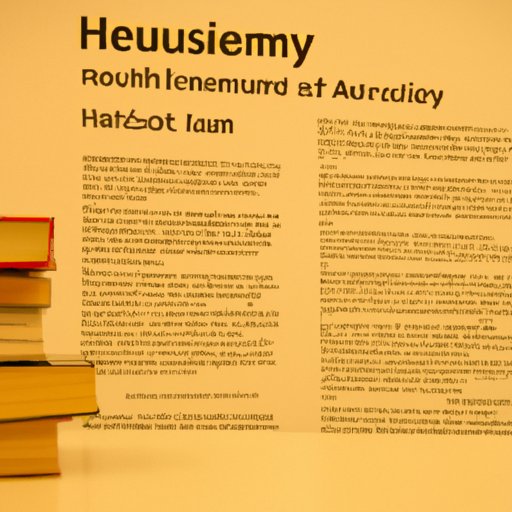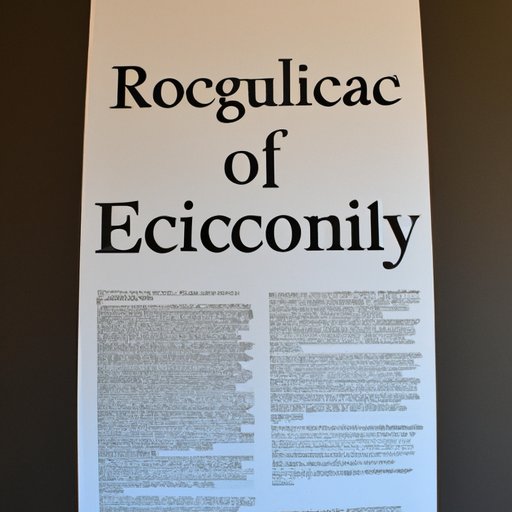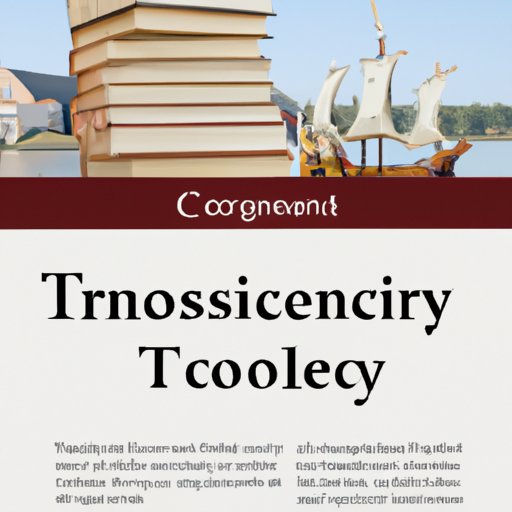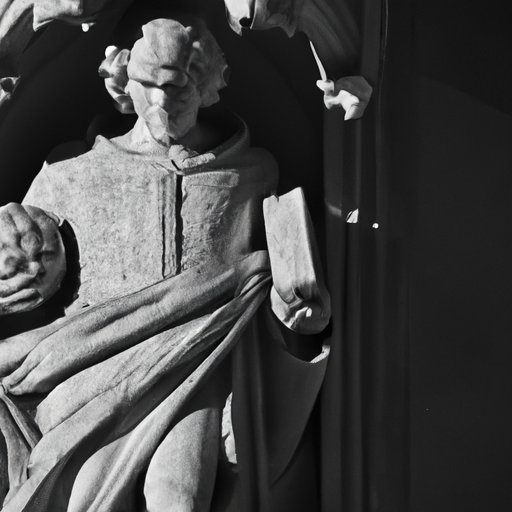Introduction
The European Renaissance was a period of cultural and intellectual revival that began in Italy in the 14th century and spread throughout Europe. It was marked by a renewed interest in classical knowledge, a focus on individualism and human potential, and the development of new styles of art, architecture, and literature. This article will explore the key features of European Renaissance culture and their impact on modern society.

Analyzing the Role of Humanism in European Renaissance Culture
Humanism was a major influence during the Renaissance. It was an intellectual movement that focused on the study of classical texts from antiquity, particularly those of Ancient Greece and Rome. Humanists believed that humans were capable of great things and should strive for excellence in all aspects of life. This emphasis on individualism and the potential of humans had a profound effect on the culture of the Renaissance.
Exploring the Impact of Art and Architecture During the European Renaissance
Art and architecture were two of the most important elements of Renaissance culture. Artists such as Leonardo da Vinci, Michelangelo, and Raphael created works of unparalleled beauty and complexity. Their paintings and sculptures were celebrated across Europe, and their techniques were emulated by other artists. Similarly, architects like Filippo Brunelleschi and Andrea Palladio revolutionized building design, creating structures that are still admired today.

Examining the Significance of Religion During the European Renaissance
Religion played an important role in the culture of the Renaissance. Christianity was deeply embedded in the social and political fabric of Europe, and religious beliefs shaped the behavior and attitudes of people during this period. Religion also had an impact on politics, with rulers often invoking religious authority to legitimize their power. Furthermore, religious institutions such as the Catholic Church wielded significant influence over the lives of citizens.
Investigating the Influence of Education on European Renaissance Culture
Education was also essential to the culture of the Renaissance. New universities were established across Europe, providing access to higher education to more people than ever before. Moreover, the curricula of these universities focused on the humanities, which further reinforced the values of humanism. This emphasis on education led to the emergence of a highly educated elite, who had a profound impact on the culture of the time.

Examining the Role of Trade and Commerce in European Renaissance Society
Trade and commerce were also integral to the culture of the Renaissance. The advent of the printing press allowed for the spread of ideas and information, while advances in shipbuilding and navigation enabled merchants to establish trading networks across Europe and beyond. This increased economic activity led to the emergence of powerful merchant classes and the growth of cities, both of which had a major impact on the culture of the Renaissance.
Understanding the Contributions of Scientists, Philosophers and Writers to European Renaissance Culture
Scientists, philosophers, and writers also made significant contributions to the culture of the Renaissance. Innovations in mathematics, astronomy, and physics led to the development of new theories and ideas. Meanwhile, philosophers such as Descartes and Bacon explored the nature of reality and developed new methods of inquiry. Finally, writers such as Shakespeare, Cervantes, and Milton produced works of literature that are still widely read today.
Conclusion
The European Renaissance was a period of immense cultural and intellectual growth, characterized by a belief in the potential of humans, the flourishing of art and architecture, and the importance of religion, education, trade and commerce, science, philosophy, and literature. These elements of Renaissance culture have had a lasting impact on modern society, and it is easy to see their influence in our everyday lives.
(Note: Is this article not meeting your expectations? Do you have knowledge or insights to share? Unlock new opportunities and expand your reach by joining our authors team. Click Registration to join us and share your expertise with our readers.)
